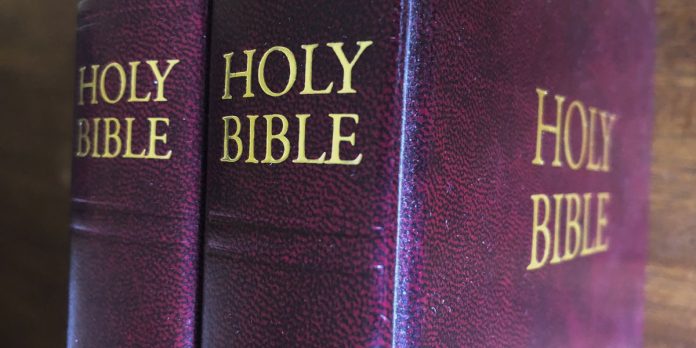CLEVELAND, Ohio (WOIO) – It’s considered a beacon of light and signature of hope. The church has often served as a place of refuge in times of tragedy or despair.
For African Americans, the church represents something more.
“The African-American church has sustained the moral, spiritual and even survival and even the process of the African-American community. This doesn’t mean that the church has been perfect and on point for every step of the way,” said Rev. Otis Moss, Jr.
For a quarter century, Reverend Otis Moss, Jr. led parishioners at Olivet Institutional Baptist Church in Cleveland.
When he spoke people listened. His message was unwavering. His voice assertive. The plan was always clear. All of these characteristics that made Rev. Moss a great leader in Cleveland were learned in college.
It was also there where Rev. Moss first became acquainted with a Civil Rights icon.
“You could not attend Morehouse, without becoming acquainted with the King family. We had already celebrated him at Morehouse before the movement, because he was this young, dynamic graduate of Morehouse,” said Rev. Moss, Jr.
Rev. Moss would soon lean on Dr. King as a friend and mentor, even officiating Moss’ wedding.
He would see Dr. King in more serious times during the Civil Rights Movement, with his demeanor and calmness.
Understanding the significance of the moment, which would shape him as a future church leader.
“Day after day the message of the Freedom struggle was before us,” said Rev. Moss, Jr. “It was on our agenda, it was in every classroom, it was in the dining room, it was in the lunch room, it was in our discussions, before, during and after class. So we were involved in the movement, both in the perspective of our own lives and heritage, from the church and from the classroom. You could not miss it.”
Millions saw African American’s determination and courage during the Civil Rights movement. It was the black church that served as a meeting place to plan and pray. Contrary to popular belief, not everyone was willing to make that sacrifice.
“All of the pastors were not candidates for jail and protest and risking their lives,” said Rev. Moss. “A few bold and daring and dedicated pastors and congregations, represented the whole community. Not always with the backing with the support of the whole community, but they became that image.”
Since the Civil Rights Movement, an evolution has taken place within black churches around the country, that would change the relationship with the church and the community.
“You take away the black church and you have no Civil Rights movement,” said Rev. R.A. Vernon. “There was no Rocket Mortgage Arena, there was no Cleveland State Convention Center. There was no city-wide convention places to meet. When you met, you met at the largest church in the city.”
Rev. Vernon is the pastor and founder of The Word Church in Cleveland. Rev. Vernon, who like Rev. Moss, was also trained in the religious doctrine of civil rights.
All Content & Images are provided by the acknowledged source
